Novaĵoj
-

Poly L-Aspartic: Biodegradable solution for cleaning
AmphoChem’s Poly L-Aspartic portfolio of polyaspartic acid sodium salt products offer high quality, sustainable and cost-effective solutions for customers.Legu pli -
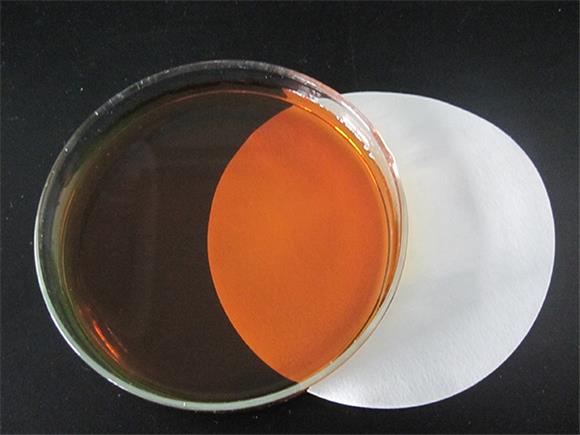
Sodium Salt of Polyaspartic Acid (PASP) Market Size, Growth, Forecast 2023–2030
The Sodium Salt of Polyaspartic Acid (PASP) is a water-soluble polymer derived from the amino acid aspartic acid. It is commonly used as a chelating agent, corrosion inhibitor, and scale inhibitor in various industries such as water treatment, coatings, agriculture, and personal care products. Its chemical structure enables it to form stable complexes with metal ions, making it an effective sequestering agent for heavy metals and preventing their deposition.Legu pli -

Sodium Polyaspartate(PASP-Na)
Sodium polyaspartate, non-phosphorus, non-toxic, non-pollution and completely biodegradable, is an environmentally friendly chemical and belongs to a class of polyamino acids. The peptide bond on the main chain of the structure is easily broken by the action of fungi, microorganisms, etc., and is finally degraded into water and carbon dioxide that are harmless to the environment, which is safe and reliable.Legu pli -
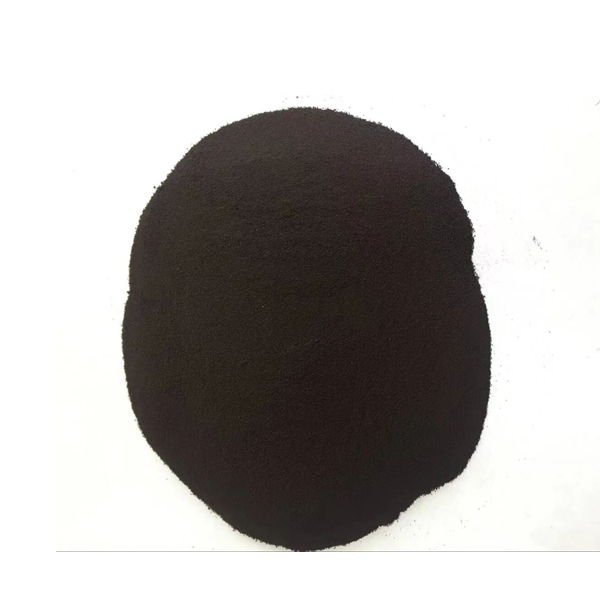
The functions of Polyaspartic Acid
Polyaspartic acid (PASP) are biodegradable high molecular weight polymer, with the characteristics of no pollution, long-term effective and completely biodegradable. And the structure characteristics of peptide bond and active group such as carboxyl group, it has powerful functions such as chelate, dispersion, and adsorption, etc. and also compatibility well.Legu pli -

Sodium Salt of Polyaspartic Acid (PASP) Market Overview
The Sodium Salt of Polyaspartic Acid (PASP) Market size is expected to develop revenue and exponential market growth at a remarkable CAGR during the forecast period from 2023–2030. The growth of the market can be attributed to the increasing demand for Sodium Salt of Polyaspartic Acid (PASP) owning to the Fertilizer, Industrial, Oil Field, Cosmetics, Agriculture, Others Applications across the global level.Legu pli -

Sodium Salt of Polyaspartic Acid (PASP) Market Analysis and Latest Trends
The Sodium Salt of Polyaspartic Acid (PASP) is the sodium salt derivative of polyaspartic acid, which is an eco-friendly, biodegradable, and non-toxic water-soluble polymer. It finds extensive applications across various industries such as water treatment, coatings, agriculture, and others.Legu pli -
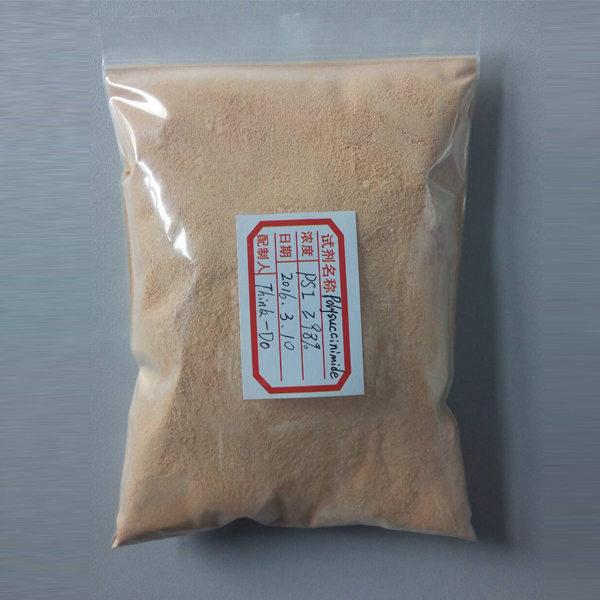
sodium polyaspartate polyaspartic acid
Sodium polyaspartate, non-phosphorus, non-toxic, non-pollution and completely biodegradable, is an environmentally friendly chemical and belongs to a class of polyamino acids.Legu pli -
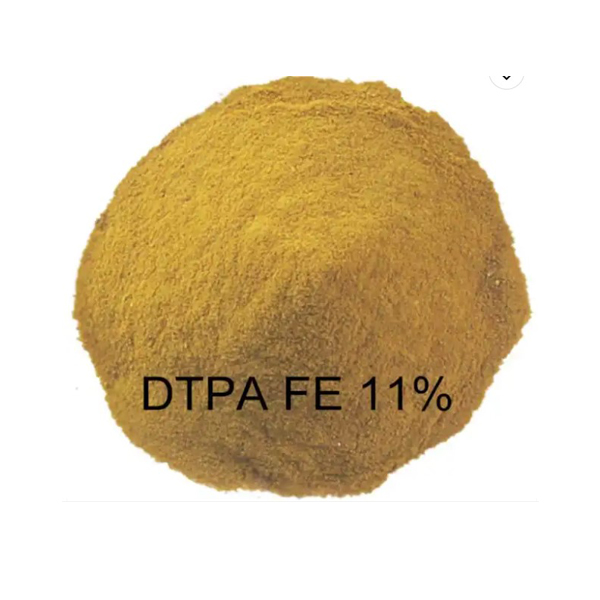
Polyaspartic Acid Sodium Salt / Sodium Salt of Polyaspartic Acid
PASP is a kind of artificial biomimetic synthesis of water-soluble polymer material. It is a green water treatment agent, with properties of non-phosphor, non-nitrogen, non-pollution and ful biodegradation. PASP has good scale inhibition on calcium carbonate, calcium sulfate, barium sulfate, calcium phosphate, etc. Its scale inhibition rate for calcium carbonate is 100%. Moreover, PASP has dispersion and corrosion inhibition properties, can resist the corrosion of metal equipment.Legu pli -
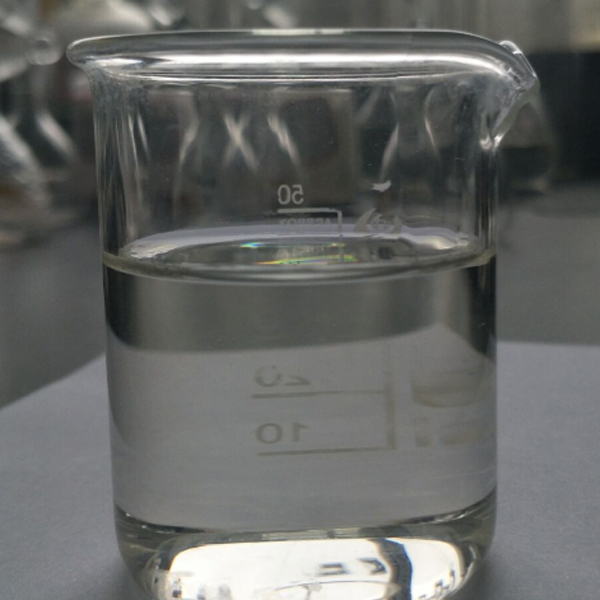
Sodium Salt of Polyaspartic Acid (PASP) (CAS 181828-06-8) Market Report 2016 - Research and Markets
This Global Report 2016 is a result of industry experts' diligent work on researching the world market of sodium salt of polyaspartic acid (pasp). The report helps to build up a clear view of the market (trends and prospects), identify major players in the industry, and estimate main downstream sectors.Legu pli -
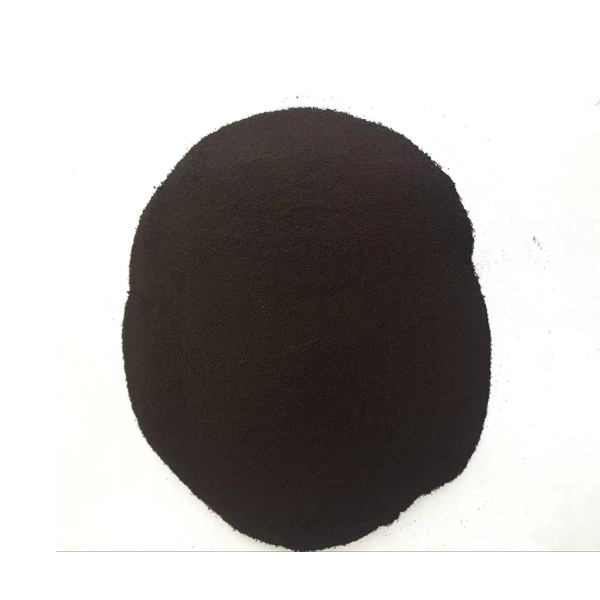
Product performance of Sodium Salt of Polyaspartic Acid (PASP Na) CAS 181828-06-8
PASP is a water-soluble polymer. It is a new type of green water treatment agent with the characteristics of non-phosphorus, non-toxic, non-polluted and completely biodegradable. It has a strong chelating ability to ions, has dual effects of corrosion and scale inhibition, has a good scale inhibition effect on calcium carbonate, calcium sulfate, barium sulfate, calcium phosphate and other scale salts, and has a scale inhibition rate for calcium carbonate Up to 100%. PASP also has a dispersing effect and can effectively prevent corrosion of metal equipment.Legu pli

